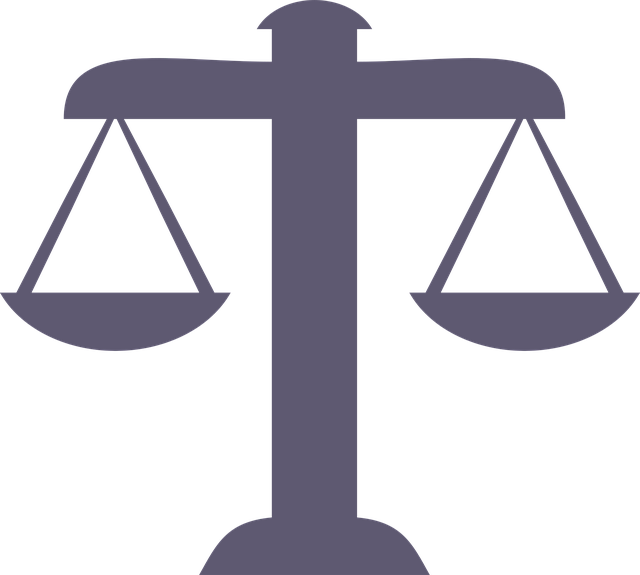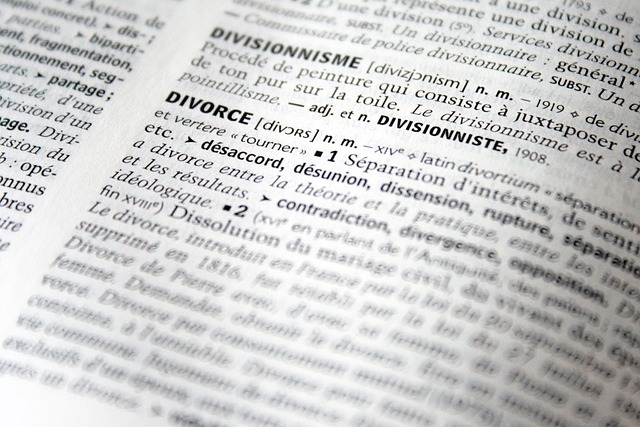Co-ownership property disputes in healthcare require a solid legal framework. From initial partnership agreements to dispute resolution methods like mediation or litigation, understanding legal options is key. Prompt action, strategic negotiations, and expert legal guidance mitigate risks, ensuring fair outcomes while adhering to healthcare regulations. Clear terms, exit strategies, and jurisdiction laws are vital to avoid costly litigation and preserve relationships.
In the complex landscape of healthcare, co-ownership property disputes are a significant legal challenge. This article delves into the intricate details surrounding these disputes, exploring critical aspects like understanding co-ownership arrangements and navigating the legal framework governing healthcare co-ownership. We further dissect available legal options and resolutions, providing valuable insights through case studies and lessons learned. By tackling these complexities head-on, we aim to equip readers with a comprehensive guide to managing and resolving co-ownership property disputes effectively.
- Understanding Co-Ownership Property Disputes
- Legal Framework for Healthcare Co-Ownership
- Exploring Legal Options and Resolutions
- Navigating Complexities: Case Studies and Lessons
Understanding Co-Ownership Property Disputes

In healthcare settings, co-ownership property disputes can arise when partners disagree on the management or distribution of assets and resources. These conflicts are complex due to the sensitive nature of healthcare operations and the well-being of patients. Understanding the legal options available is crucial for resolving such disputes effectively. Partners may have differing opinions on financial responsibilities, decision-making authority, or the allocation of intellectual property, leading to a co-ownership property dispute that requires careful navigation.
When facing high-stakes cases involving co-ownership property disputes, having an experienced legal team is invaluable. For his clients, achieving extraordinary results often involves strategic negotiations, mediation, or litigation. The goal is to protect the interests of all parties involved while ensuring compliance with relevant healthcare regulations and laws. Prompt action and a comprehensive understanding of legal frameworks can help mitigate potential risks and reach favorable outcomes, fostering a more harmonious working relationship moving forward.
Legal Framework for Healthcare Co-Ownership

In the intricate landscape of healthcare co-ownership, a robust legal framework is essential to navigate potential property dispute issues. When two or more parties are involved in jointly owning healthcare facilities, such as hospitals or clinics, establishing clear rights and responsibilities from the outset is paramount. This includes defining roles, financial contributions, decision-making processes, and exit strategies. A well-drafted partnership agreement or co-ownership contract serves as a crucial roadmap, outlining the legal rights and obligations of each stakeholder.
Should disputes arise, such as disagreements over management, financial distributions, or strategic decisions, resolving them through amicable means is preferable. Mediation and arbitration are effective tools for reaching consensus without escalating to litigation. However, when negotiations fail, understanding one’s legal options becomes vital. The co-owners may have various strategies at their disposal, including negotiating settlements, pursuing mediation, or employing a winning challenging defense in court. Throughout all stages of the investigative and enforcement process, an experienced attorney can guide his clients towards favorable outcomes, ensuring their rights are protected under the law.
Exploring Legal Options and Resolutions

When navigating a co-ownership property dispute, exploring legal options becomes paramount. Understanding the various avenues for resolution is crucial, especially as each state may have different laws governing such matters. The first step often involves mediation, where both parties attempt to reach an agreement under the guidance of a neutral third party. This approach is cost-effective and less adversarial compared to litigation.
If initial attempts at reconciliation fail, legal action may be required. This could involve filing a lawsuit to resolve ownership rights or address any financial discrepancies. In cases of white-collar and economic crimes, law enforcement agencies play a significant role in the investigative and enforcement process for his clients. These legal options should be carefully considered at every stage, ensuring that all parties’ rights are protected while striving for a fair resolution.
Navigating Complexities: Case Studies and Lessons

In navigating healthcare legal issues, one of the most complex scenarios arises from co-ownership property disputes. These situations often involve intricate web of agreements, partnerships, and financial interests that require careful consideration. Case studies abound where healthcare providers or facilities, in their eagerness to expand services or resolve internal conflicts, have found themselves entangled in legal battles over ownership rights and control. For instance, a group of doctors might co-own a clinic, only to later face disagreements on its future direction, leading to a lengthy dispute over the division of assets and intellectual property.
Lessons drawn from these case studies underscore the importance of clear, comprehensive agreements from the outset. Establishing explicit terms for co-ownership, including exit strategies and dispute resolution mechanisms, can significantly mitigate potential legal issues. The successful navigation of such complexities often hinges on understanding the specific jurisdiction’s laws governing partnerships and property disputes. Moreover, healthcare professionals should be aware of their legal options, ranging from mediation to arbitration, which can offer alternatives to lengthy and costly litigation. An unprecedented track record of resolving these matters amicably not only preserves relationships but also ensures a complete dismissal of all charges in many cases, avoiding the indictment that often accompanies drawn-out legal battles.
Healthcare co-ownership arrangements, while beneficial for collaboration, can give rise to complex legal issues, particularly in the event of a dispute. Understanding the legal framework and exploring various legal options is crucial for resolving these disputes effectively. By examining real-world case studies, healthcare professionals can gain valuable insights into navigating the complexities of co-ownership property disputes. Ultimately, recognizing potential challenges and seeking appropriate legal resolutions can ensure smooth partnerships and optimal patient care.






